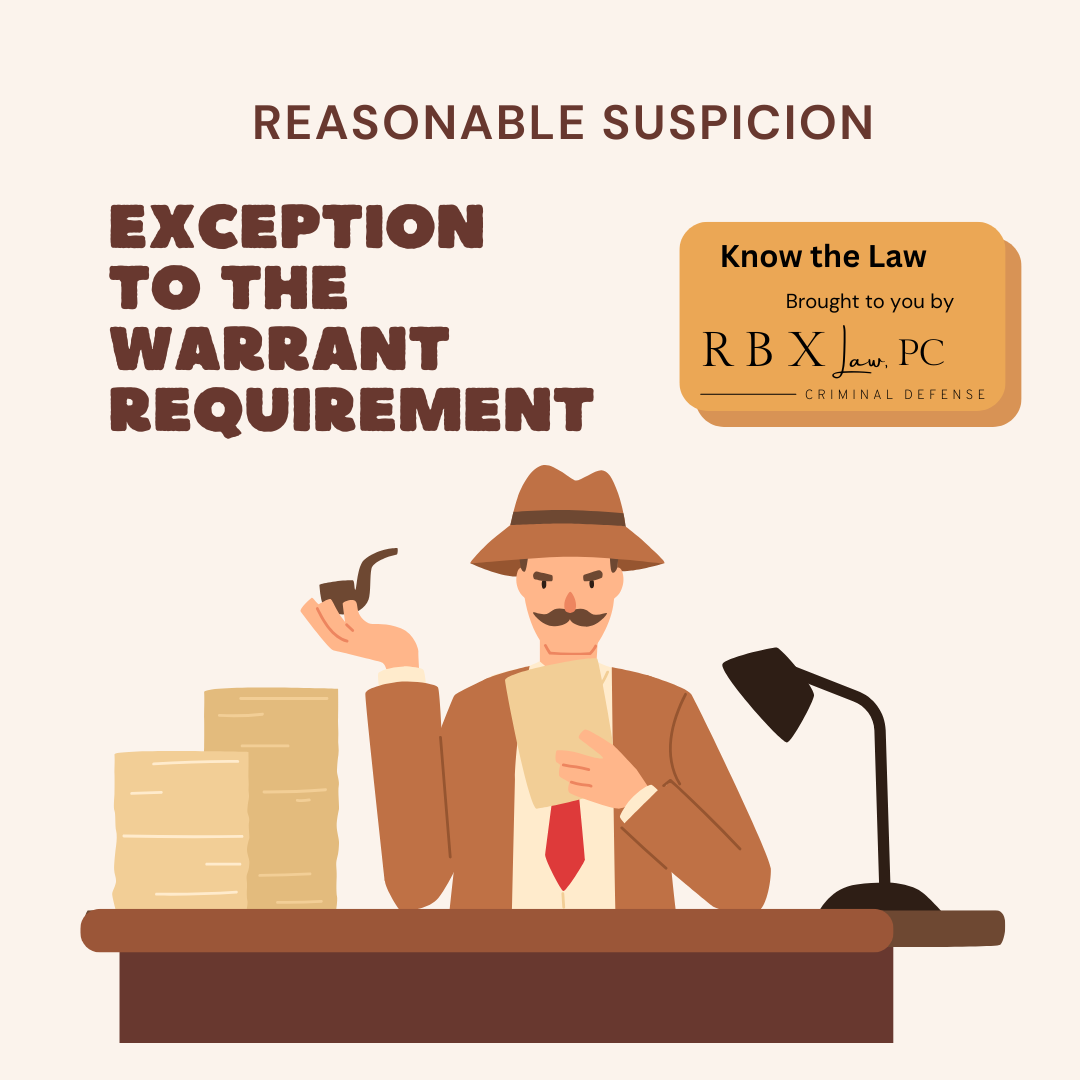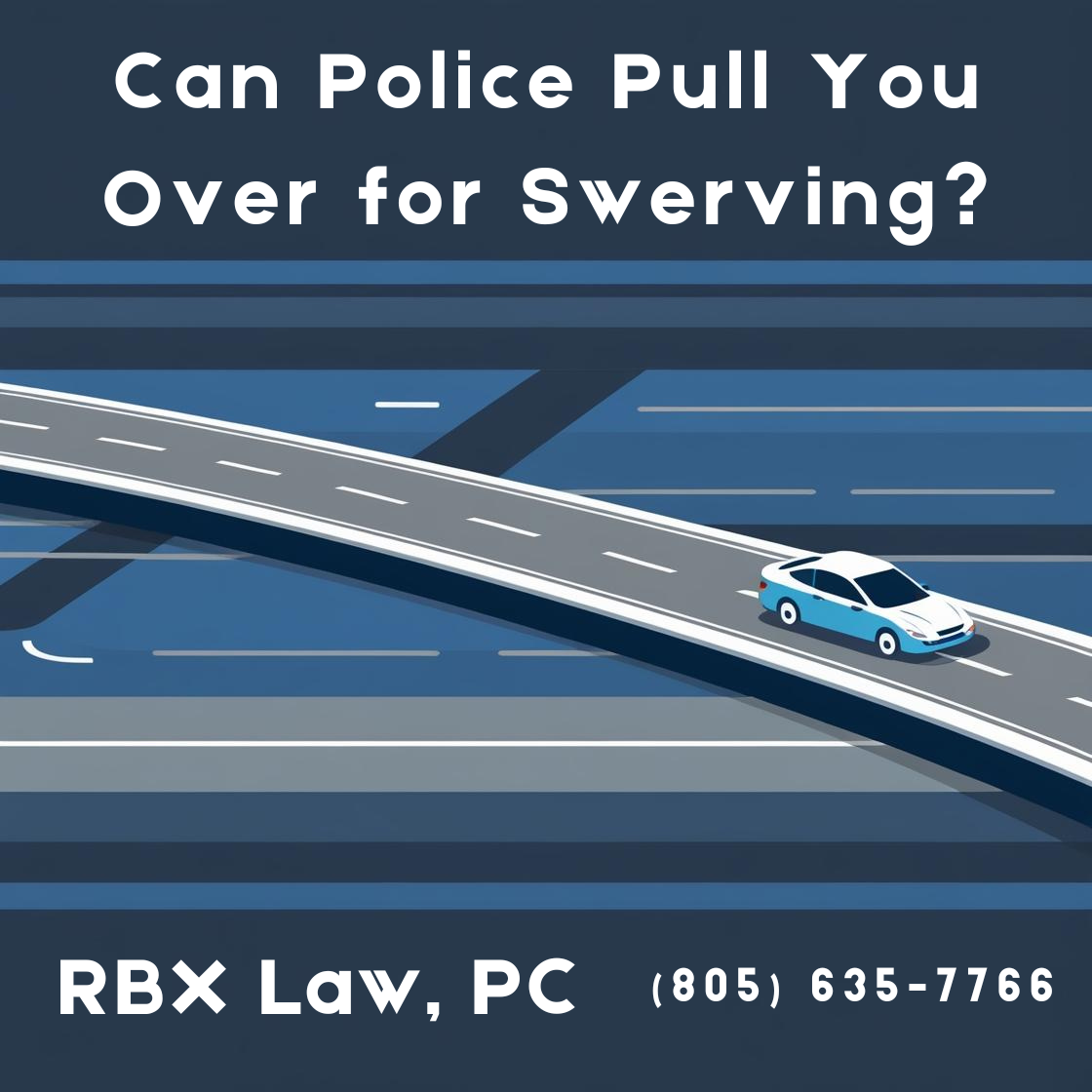Reasonable suspicion is an exception to the warrant requirement under the 4th Amendment. In other words, police do not need a warrant to stop, detain, or investigate a person as long as they have reasonable suspicion.
Definition
Reasonable suspicion means that the facts known to the officer warrant a reasonable belief that a crime has been committed or some other criminal activity is afoot. (Terry v. Ohio (1968) 392 U.S. 1.)
Reasonable suspicion is less than probable cause, but it cannot be mere speculation or hunch. (People v. Rodriguez (2006) 143 Cal.App.4th 1137.)
What Can Police Do if They Have Reasonable Suspicion?
Police can stop, detain, and investigate persons they suspect of being involved in criminal activity. They may detain persons long enough to determine whether the suspicious activity is criminal activity. (Florida v. Royer (1983) 460 U.S. 491.) In addition, police can pat down (“frisk”) the person for weapons for their safety. However, police cannot arrest a person unless they have probable cause.
Probable cause is a higher standard that requires evidence that the suspect committed a crime. In contrast, reasonable suspicion only requires suspicion of criminal activity. (People v. Celis (2004) 93 P.3d 1027.) Put another way, probable cause means a crime has occurred, while reasonable suspicion means a crime may have occurred.
Specific Examples
An officer may stop a vehicle after running its license plate and learning that the registered owner had a revoked license. (Kansas v. Glover (2020) 589 U.S. 376.)
An officer may detain a suspect based on an anonymous 911 tip of assault with a firearm if the 911 tip accurately described the suspect in detail. (People v. Dolly (2007) 40 Cal.4th 458.)
An officer may stop a vehicle for swerving within a lane for 1/2 of a mile (People v. Bracken (2000) 83 Cal.App.4th Supp 1.)
Insufficient Reasonable Suspicion
An officer may not stop a suspect based only on their presence in a high crime area. (People v. Flores (2024) 15 Cal.5th 1032.)
An officer cannot detain a vehicle for a dog sniff without specific evidence of drug involvement. (People v. Gyorgy (2023) 93 Cal.App.5th 659.)
An officer cannot pat down a suspect based only on their past criminal history. (People v. Pantoja (2022) 77 Cal.App.5th 483.)If you believe officers detained you without reasonable suspicion, you should consult an attorney. You could contest your detention in court and ask the judge to suppress evidence obtained unlawfully by police. You can also file a complaint or sue the police for their unlawful detention.


